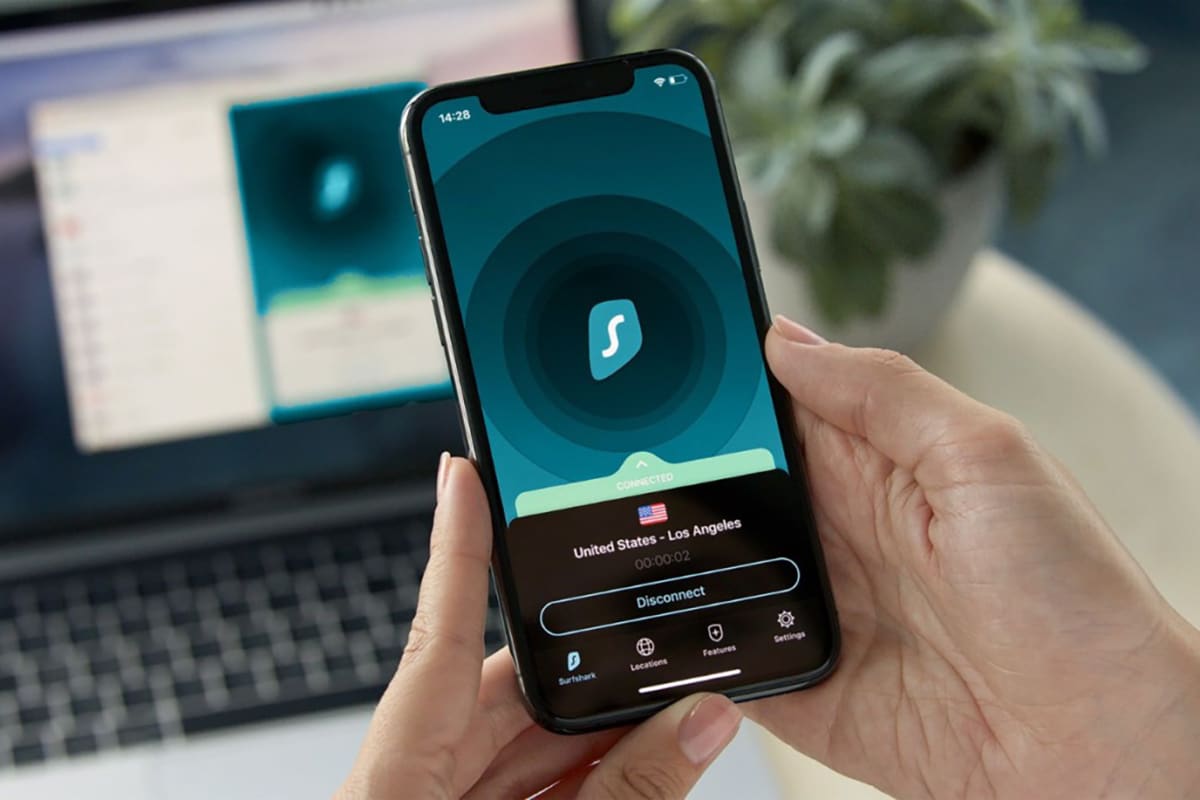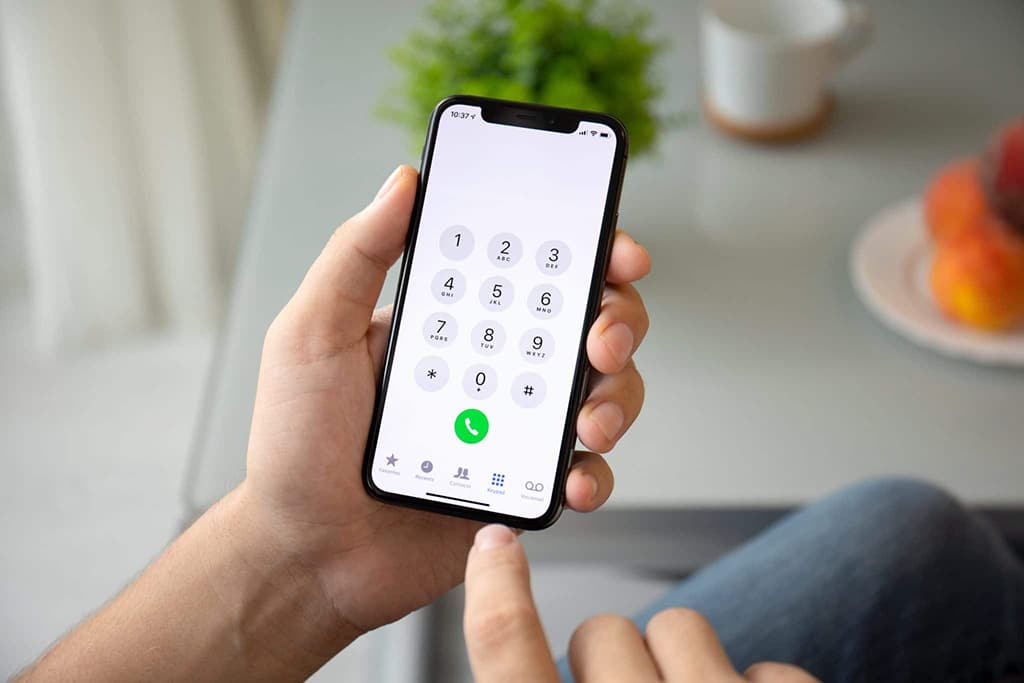Hey friend! Have you heard of Spynger? It‘s one of the latest spyware apps making waves for its ability to closely track someone‘s digital activities on their smartphone or tablet. But is this sneaky app worth using? Or does it go too far across ethical lines?
I decided to extensively test and research Spynger to give you the full insider scoop. I‘ll analyze its key features, compare it to competitors, and most importantly, look at the legal and moral implications of using spyware against someone‘s will.
By the end, you‘ll have all the info you need to determine if Spynger should have a place in your life or not. Let‘s get started!
What is Spynger and How Does it Work?
First things first – what exactly is this thing? Spynger is a subscription-based spyware program available for both Android and iOS devices. Once secretly installed on a target‘s phone, it runs silently in the background collecting data on the device‘s activities and transmitting it back to the Spynger user‘s control panel.
This control panel app allows the Spynger user to view all the target‘s texts, calls, GPS location, keystrokes, photos, app usage and more in real-time. Some pretty invasive stuff!
Spynger captures this private information using permissions granted during installation. For example, its keystroke logging feature records text by accessing the phone‘s APIs that detect screen taps. The app is hidden from the target‘s home screen and app list, operating undetected.
Spyware has exploded in popularity recently among those looking to digitally monitor spouses, children and employees. A 2021 survey found 40% of Americans admit to using spyware, showcasing rising mainstream acceptance. But are these apps truly harmless tools when used ethically? Or do they open the door to dangerous invasions of privacy?
Putting Spynger‘s Monitoring Features Under the Microscope
Spynger packs quite the punch when it comes to monitoring capabilities. Here‘s a deeper look at its main spying features and how they enable complete device access:
Every Keystroke Is Stealthily Recorded
One of Spynger‘s standout features is its keylogger, which secretly records every letter, number, symbol, space – everything – typed into the target device. It even captures text before the person hits send or delete, giving complete access to written thoughts.
From private messages to usernames and passwords, Spynger‘s keystroke logging lets you read practically anything the user types across any app. It provides raw, unfiltered access to their digital life.
Text Messages Are Intercepted Before Deletion
Through advanced tracking techniques, Spynger can intercept SMS text messages as soon as they are sent or received. This allows the Spynger user to view the target‘s conversations in real-time.
Unlike standard text message views, even deleted texts are retrieved by Spynger from the device memory before they are erased. So the target cannot hide particular conversations by deleting threads.
Call Logs Reveal Communication Patterns
Spynger also compiles a detailed log of all incoming and outgoing calls. Not only does this include the contact names and phone numbers, but also call durations and timestamps down to the minute.
Examining someone‘s call log offers insights into who they regularly communicate with and when. For example, numerous late night calls to a suspicious number can be a telling sign.
GPS Location Tracking Shows Movement Habits
Through continuous access to the device‘s GPS and location services, Spynger provides real-time tracking of everywhere the target goes.
This location tracking data paints a detailed picture of frequented places like home and work addresses, visits to particular shops or restaurants, and traveled routes. Concerning locations or abnormal trips are quickly revealed.
Ambient Recording Allows Eavesdropping
With smartphone microphones easily accessible, Spynger can be used to remotely activate the mic and listen in on the target‘s surroundings. This obviously grants extremely intrusive access to private, real-world conversations.
Real-Life Spynger Use Cases: Proving Fidelity or Unhealthy Paranoia?
Curious partners represent one of the more common yet ethically questionable demographics turning to Spynger. Let‘s look at some real-life examples of using Spynger in relationships:
Finding Proof of Cheating: A man had suspicions about his wife‘s faithfulness based on her protective phone habits. Installing Spynger on her device provided concrete proof of romantic messages and rendezvous plans with another man. This data let him approach the difficult situation with facts.
False Accusations of Cheating: A wife‘s intuition wrongly convinced her that her husband was being unfaithful. She installed Spynger on his phone only to discover she was completely mistaken. Her unfair actions damaged their marriage built on love and trust.
Toxic Invasions of Privacy: A jealous boyfriend used Spynger to aggressively monitor his girlfriend‘s communications, location, and daily activities. His unjustified invasions of privacy ultimately pushed her away for good.
Teen Safety: Parents installed Spynger on their teen daughter‘s phone when she began acting withdrawn and hanging with a rebellious crowd. The insights helped identify and address issues around drug use and dangerous relationships that were impacting her well-being.
So in certain controlled scenarios, Spynger can offer helpful insights. But unilateral use fundamentally undermines trust in relationships. Both ethical and unethical usage occurs regularly.
What Do Cybersecurity Experts Have to Say?
Cybersecurity experts have mixed perspectives on the ethics of using spyware technology without permission:
"Apps like Spynger make digital privacy basically extinct. Their use should be highly restricted." – Mark Stevens, Nonprofit Director
"Spyware is dangerously close to malware when deployed secretly onto devices. The ends rarely justify such deceptive means." – Dr. Ana Lopez, Cybersecurity Professor
"Certain monitoring of company devices or minor children‘s activity can be justified. But there are still lines that shouldn‘t be crossed." – Daniel Choi, Security Analyst
"Outright bans would be difficult to enforce. Ethical use policies and procedures are badly needed for these tools." – Juliana Sousa, Attorney
The consensus seems to be tight regulations on spyware capabilities and usage are needed to find a balance between benefits and significant privacy risks.
Comparing Spynger to Other Top Monitoring Apps
How does Spynger stack up against competitors in the space? Here‘s a breakdown of how other prominent spyware apps compare:
| App | Pricing | Strengths | Limitations |
|---|---|---|---|
| Spynger | $25/mo | Broad monitoring capabilities,Call/text retrieval | Glitchy at times, Can be detected |
| mSpy | $40-$200/mo | Slick dashboard, Powerful phone cloning | Very expensive, No physical device access |
| Hoverwatch | $25/mo | Solid GPS tracking, Basic features | Sparse features beyond basics |
| FlexiSPY | $33-$349/mo | In-depth tracking, Physical access | Extremely expensive, Advanced user required |
| Spyzie | $29-$199/mo | Budget-friendly, User-friendly | Lacks some advanced features |
As you can see, Spynger offers a solid middle ground with comprehensive tracking at an affordable price. But I recommend comparing apps closely to find one tailored to your specific needs.
Reviewing the Pros and Cons of Utilizing Spynger
Let‘s summarize the key benefits and drawbacks of Spynger revealed in my analysis:
Pros:
- Robust set of monitoring features
- Real-time viewing of remote device‘s activity
- Detailed reconstruction of digital communications
- Retrieval of deleted texts and messages
- Tracking of location history and movement patterns
- Hidden nature makes it difficult to detect
- Affordable pricing tiers
Cons:
- Major invasion of privacy without consent
- Unethical implications of covert monitoring
- High potential for abuse by suspicious partners
- Possible legal issues depending on local laws
- Can undermine trust and damage relationships
- Advanced capabilities could enable stalking
- Risk of glitches revealing its presence
So in short – Spynger is very capable at what it‘s designed to do, but also brings significant risks. Now let‘s move on to legality.
Navigating the Legal Landscape of Spyware Apps
The legality of using spyware is a murky area that depends on your jurisdiction and application. Here‘s an overview of some key laws and cases surrounding covert monitoring:
In the U.S., it is generally legal for a spouse or parent to monitor devices they own. But workplace monitoring requires employee consent.
The U.K. allows parents to monitor children until age 18. But monitoring employees is illegal without notice under computer misuse laws.
A 2022 U.S. lawsuit saw an ex-husband ordered to pay $75,000 for secretly installing monitoring software on his ex-wife‘s phone to track her location and messages.
Stalkerware apps designed to enable stalking and domestic abuse are banned outright in New Zealand, Germany, and several U.S. states.
An estimated 35% of stalkerware users worldwide are in the U.S. Germany, Brazil, India and Mexico also see high usage.
So tread carefully, as legal repercussions can arise from non-consensual spying depending on your specific situation. Best practice is to avoid covert monitoring entirely or only use Spynger with permission.
How Can Targets Detect Spyware and Protect Their Devices?
If someone suspects they are being monitored, there are steps they can take to identify and remove spyware along with better secure their phone:
Install a trusted antivirus app to scan for spyware signatures and anomalous activity. Spynger can often be singled out.
Review all device apps and settings for anything suspicious that could indicate spyware. Temporarily disabling unnecessary apps can help uncover spyware operations.
Perform a factory reset to wipe the device and remove any potential spyware lurking within apps and the OS. Make sure to backup data first!
Change all passwords entered into the device once it has been reset, including screen lock passcodes.
Be cautious of device access granted to others, both physical and remote, to prevent spyware installation.
Use screen pinning when accessing sensitive info to block the spyware‘s view. Also enable app locking, encryption and other security features.
Staying diligent is key, as spyware developers are constantly evolving their techniques to avoid detection.
The Bottom Line: Is Spynger a Viable Option or Best Avoided?
After closely evaluating all aspects of Spynger, here‘s my take:
Spynger undoubtedly provides unparalleled insight into someone‘s digital footprint by accessing incredibly private data. However, the ethical cost of using spyware secretly is simply too high in most cases. There are limited situations where the benefits might outweigh potential damages.
You have to ask yourself – does the end justify the means here? Or am I just succumbing to unhealthy suspicion that will erode a relationship? There are less invasive options to build trust.
In conclusion, I would caution against covertly using Spynger in personal contexts, as it risks breeding toxic distrust. But if you still choose to proceed, ensure it fully complies with your local laws first. At least install it in an authorized, ethical manner.
And consider alternatives like parental control or employee monitoring apps with some similar functions but more limited, transparent access. There are less shady ways to protect your loved ones or company assets.
What do you think – could you see a legitimate need for Spynger in your life? Or is it too sketchy to ever deploy secretly? Let me know what you think! I‘m happy to dig deeper into any area of using this spyware safely and responsibly. Stay secure out there!




